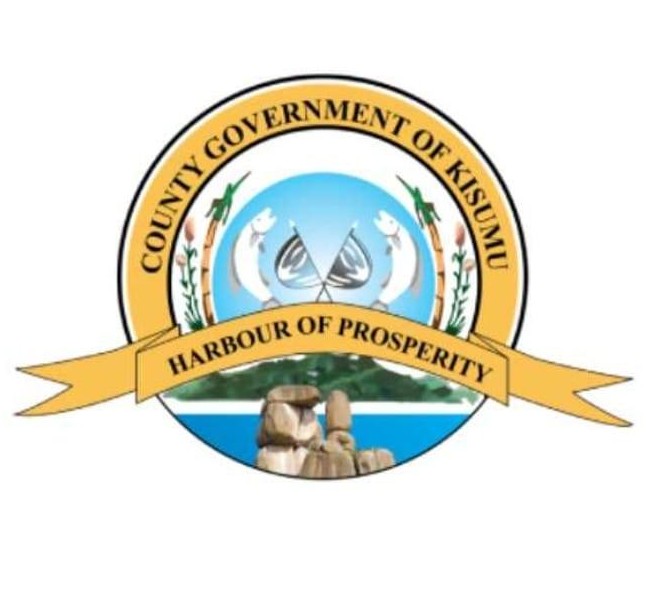By Nokrach O. (2025)
Understanding Voting Patterns
Logically, the Kikuyu who inhabit a geographical area called “Mount Kenya” will have their own interests particular to that area and therefore vote accordingly. How then, logically, can their voting according to their interests amount to “excluding others”, when the Kikuyu have done everything to the letter according to the constitution of the black colonial state? But in a democratic system, the coalition that garners majority support forms the government and divides positions accordingly. The losing side, by design, assumes the role of opposition. Logically, therefore the people of Mount Kenya are right; Raila walking in through the “back door” is a betrayal and a subversion of democracy.
On the other hand, we Joluo see it differently; to us, it appears as if we have finally been included. We are unconcerned about how or which rules and agreements have been breached. The only thing that interests us is that we are finally “eating”. This is how the history of the colonial state is written: the history of the colonial state is written with the ethnic groups within it having diametrically different views of the same history. The same character who is recorded as a hero in Luo history will be recorded as a villain in Kikuyu history, and historical events regarded positively in Kikuyu narration will be seen in a negative light in the Luo narrative and vice versa.
The Way Forward
Deeper devolution of government powers to the point where every ethnic group writes its own history and designates its own heroes and villains. Such a system would reduce the zero-sum nature of national politics by decentralizing power and fostering regional self-determination.

